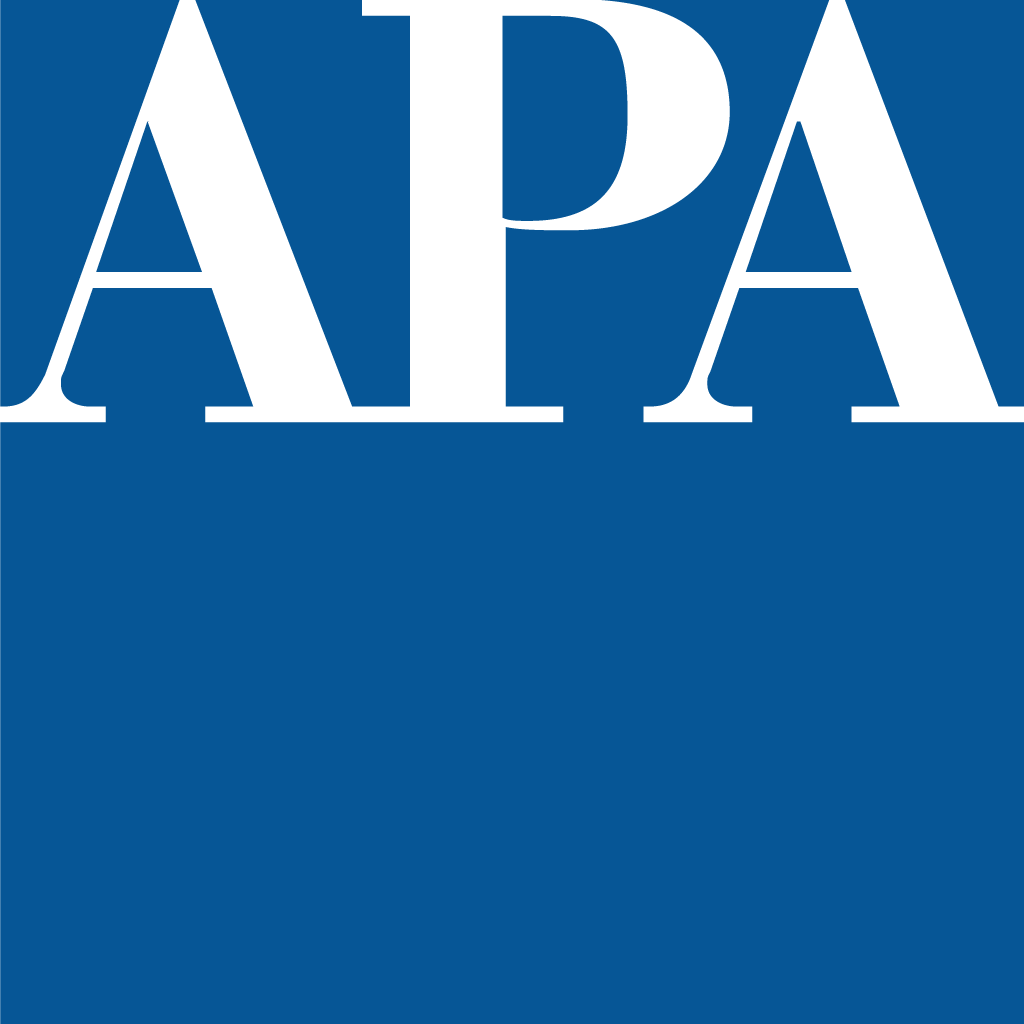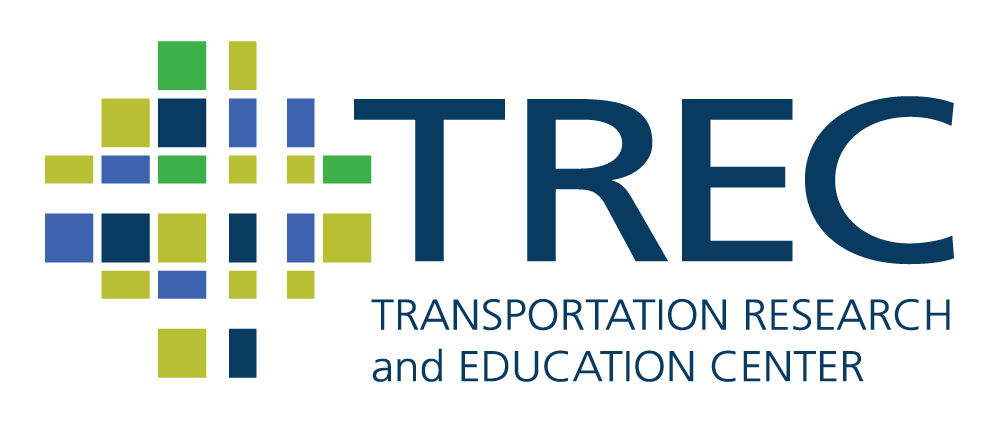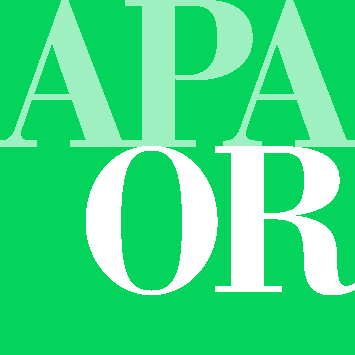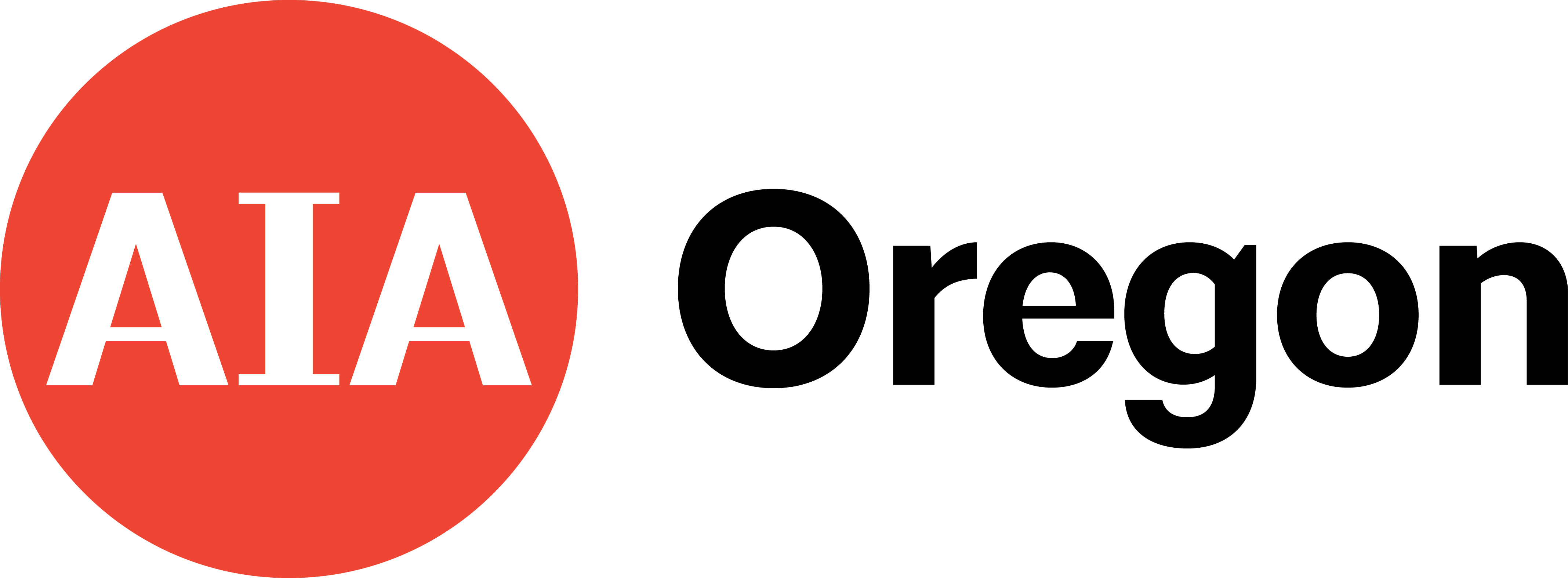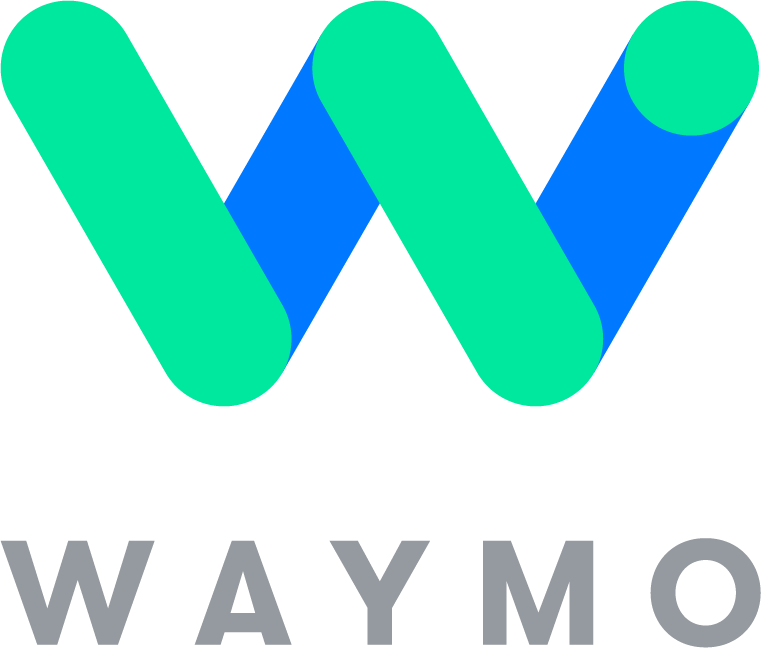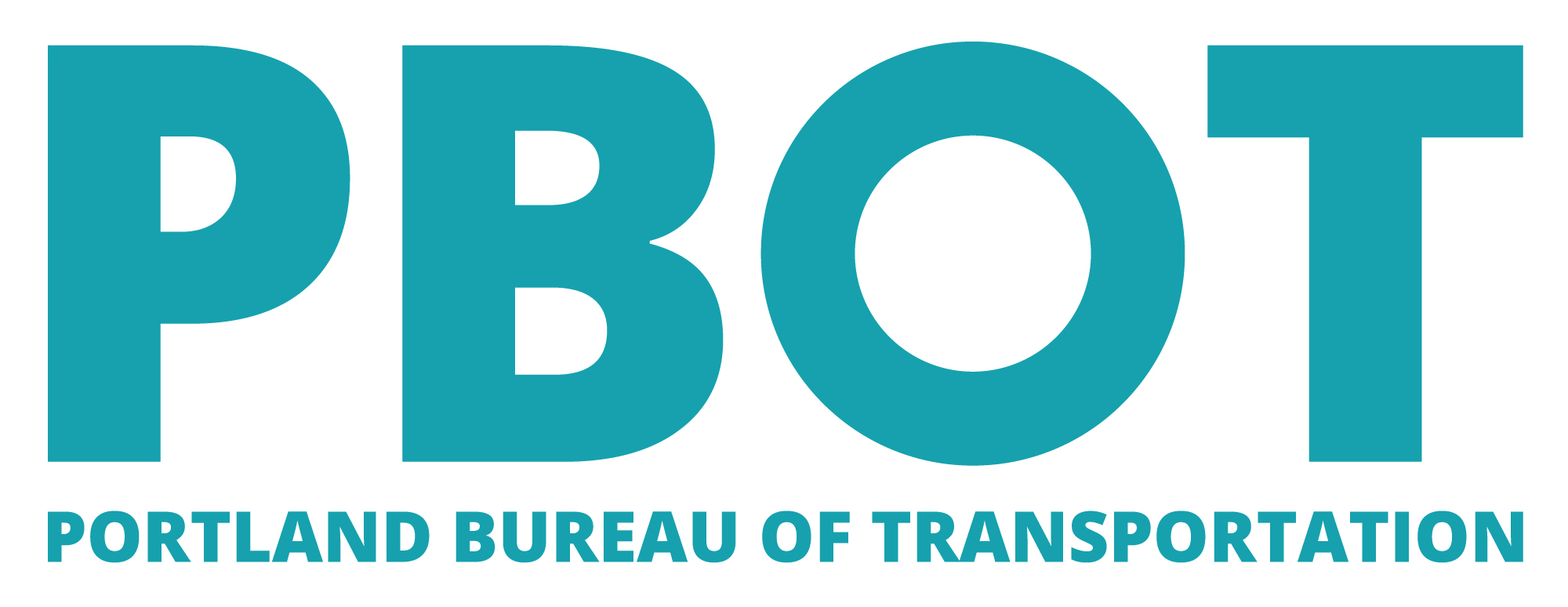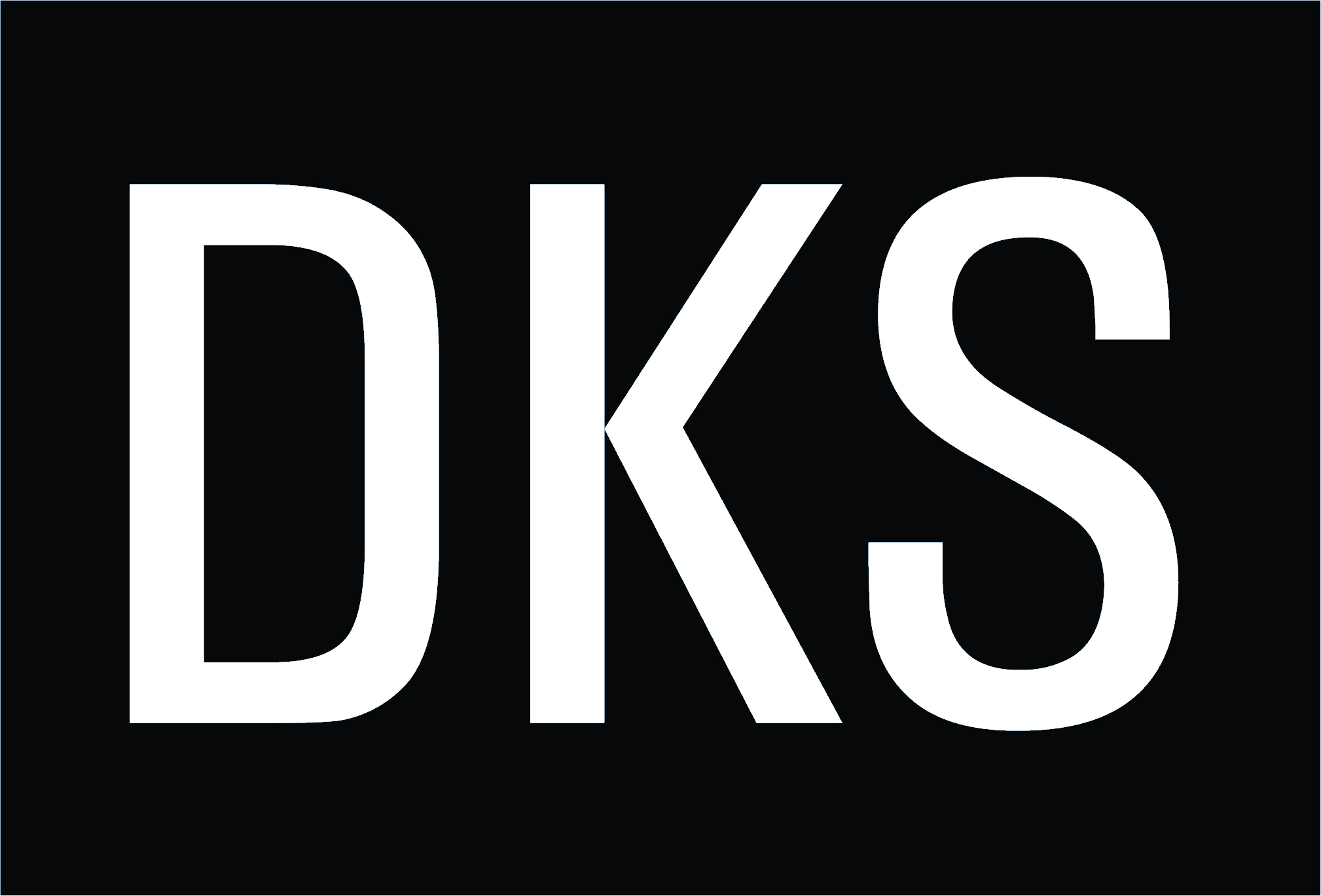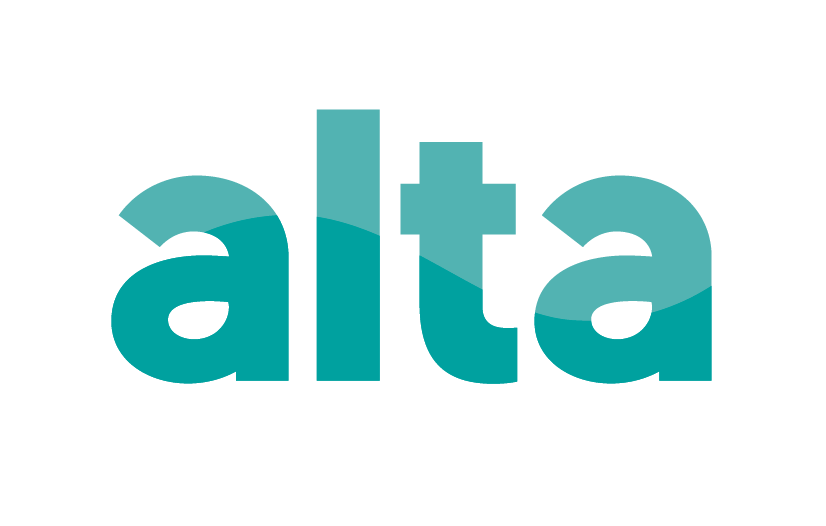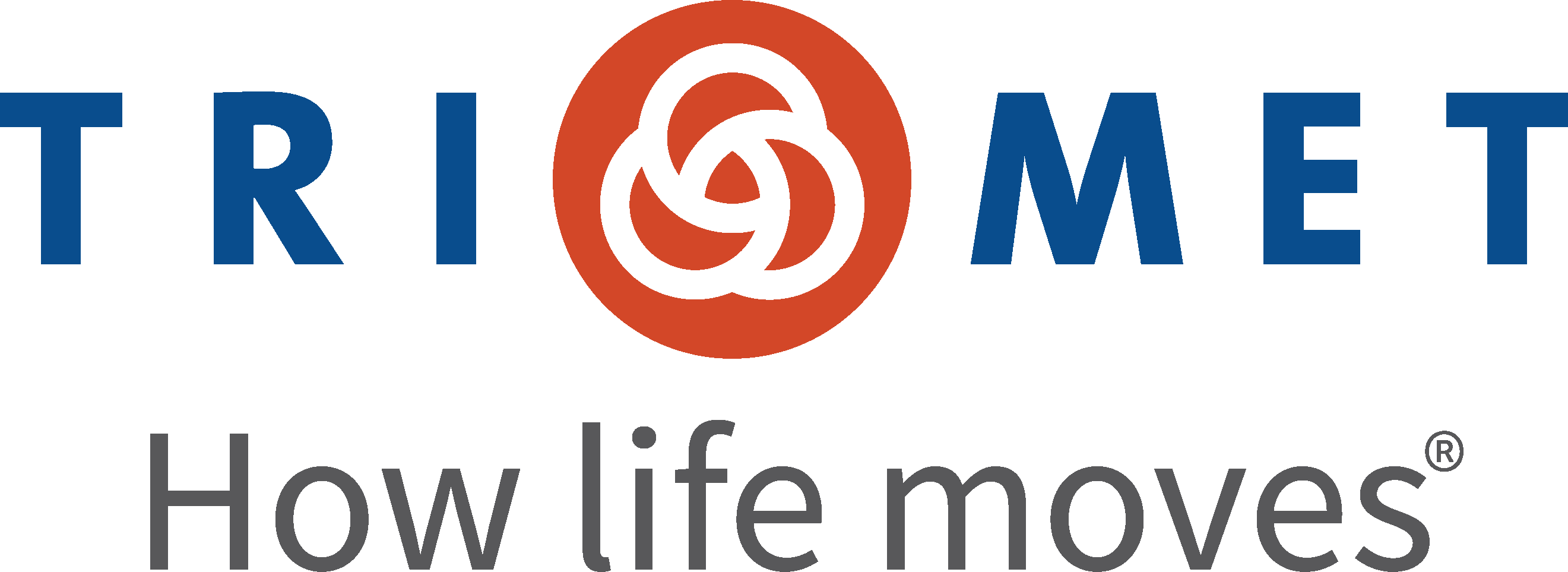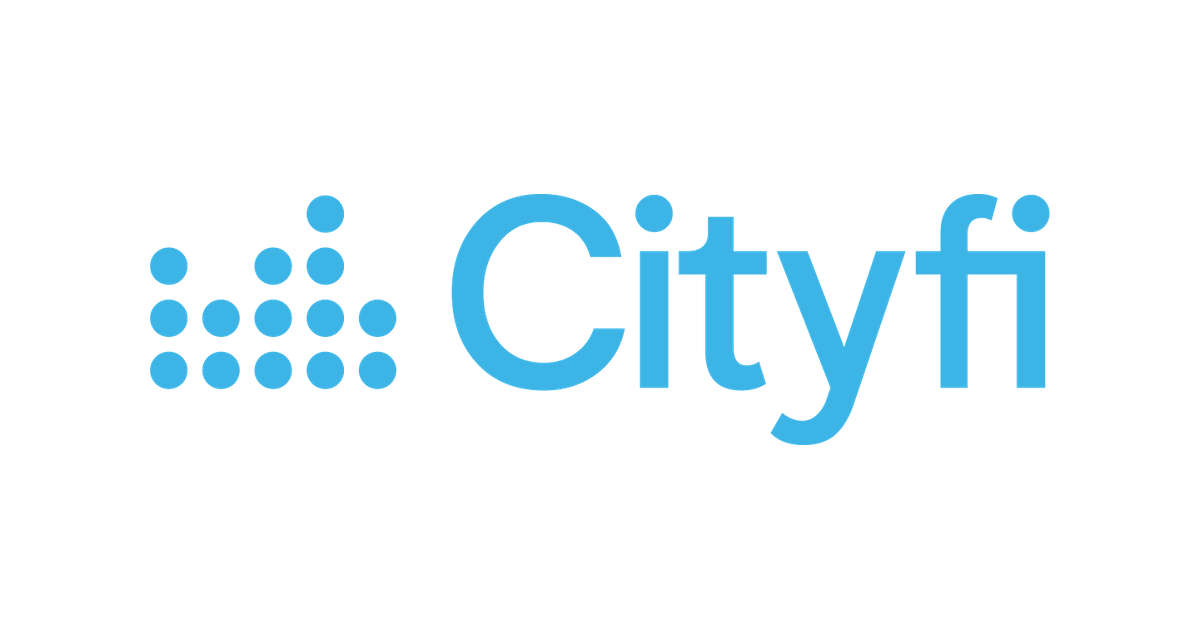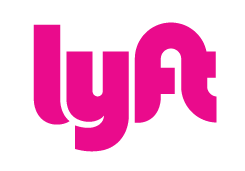2023 Urbanism Next Conference
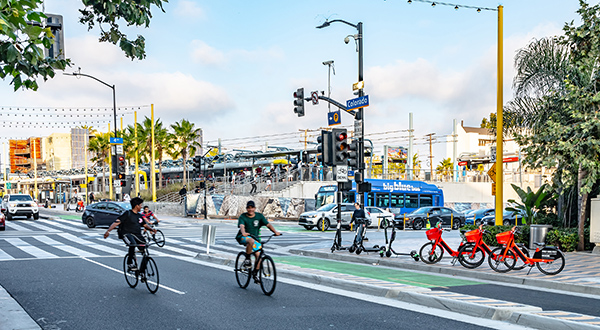
 Go Back
Go Back
Breaking through the hype: What the future holds for autonomous vehicles in cities
Location: Oregon Convention Center - C-124
For nearly a decade, we’ve been told fully autonomous vehicles (AVs) will soon be driving on our streets. While passenger AVs aren’t quite here yet, they continue to loom on the horizon. Despite years of anticipation, public policy continues to lag behind these innovations. However, some cities are working to get ahead of the curve. With funding from the Knight Foundation, cities across the country are leading the charge to better understand our potential AV future. In this session, representatives from the Knight AV Initiative will discuss insights from AV pilots & the challenges & opportunities in planning for an autonomous future.
CE Credits for APA, AIA, and ASLA, should be available for many sessions and workshops. More information on this will be available shortly.
Presenters

|
Story Bellows, cityfi Story Bellows is a partner at Cityfi where she leads initiatives around organizational change, resiliency, innovation, and public-private coalition building. Before Cityfi, Story was the Chief Innovation and Performance Officer for Brooklyn Public Library, Director of the Mayor’s Office of New Urban Mechanics in Philadelphia, and Director of the Mayors’ Institute on City Design. She is a graduate of Colgate University and holds an MSc from the London School of Economics in City Design and Social Science. Usually she can be found living in some large city, though she and her family have been rural New Yorkers since 2020. |

|
Carlos Cruz-Casas, Miami Dade County Carlos Cruz-Casas, P.E. is the Chief Innovation Officer at Miami-Dade County’s Department of Transportation and Public Works. His primary focus is to introduce mobility innovation and plan for a fully integrated transportation system. Carlos received his Master’s degree in urban transportation planning from University of Florida’s College of Engineering, and his Bachelor’s degree in civil engineering from the University of Puerto Rico. He now serves as a Board Member for the Open Mobility Foundation.. |

|
Nico Larco, Urbanism Next Center / University of Oregon Nico Larco, AIA is a Professor of Architecture and Urban Design at the University of Oregon where he is the Director of the Urbanism Next Center and Co-Director of the Sustainable Cities Institute. Urbanism Next is focused on how technological advances such as new mobility, autonomous vehicles, e-commerce and the sharing economy are changing city form and development. Prof. Larco assists cities and projects with future-proofing, has run workshops and charrettes nationally and internationally on this topic, and is currently coordinating work in this area with various municipal and state agencies across North America and in Europe. |

|
Kim Lucas, City of Pittsburgh Kim Lucas serves as the Director for the City of Pittsburgh's Department of Mobility & Infrastructure (DOMI). As Director of DOMI, Kim oversees transportation investments and policies that support the physical mobility needed for the people of Pittsburgh to pursue the economic mobility they aspire to. Key initiatives of the department at present include design and implementation of a “complete network” that serves all modes and encourages more sustainable travel choices; resiliency projects to address issues related to landslides and incidents of flooding; policies and programs to manage emerging transportation including shared services and autonomous vehicles; and strategies to address long term maintenance and funding concerns. Prior to this role, Kim was the Sustainable Transportation Branch Manager with the District Department of Transportation, Planning & Sustainability Division, in Washington, D.C. where she led a team responsible for overseeing the planning and implementation of the shared micro-mobility; freight & urban delivery; and transportation demand management programs. Kim began her career in transportation with her stint as a student bus driver at the University of Virginia, and has worked in the cornerstones of transportation planning: the public and private sectors, advocacy, and research. |


